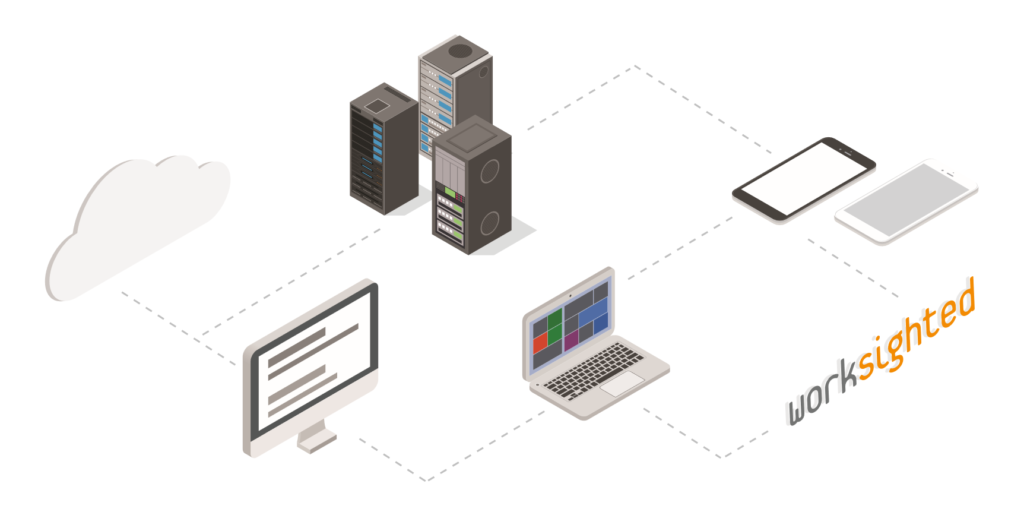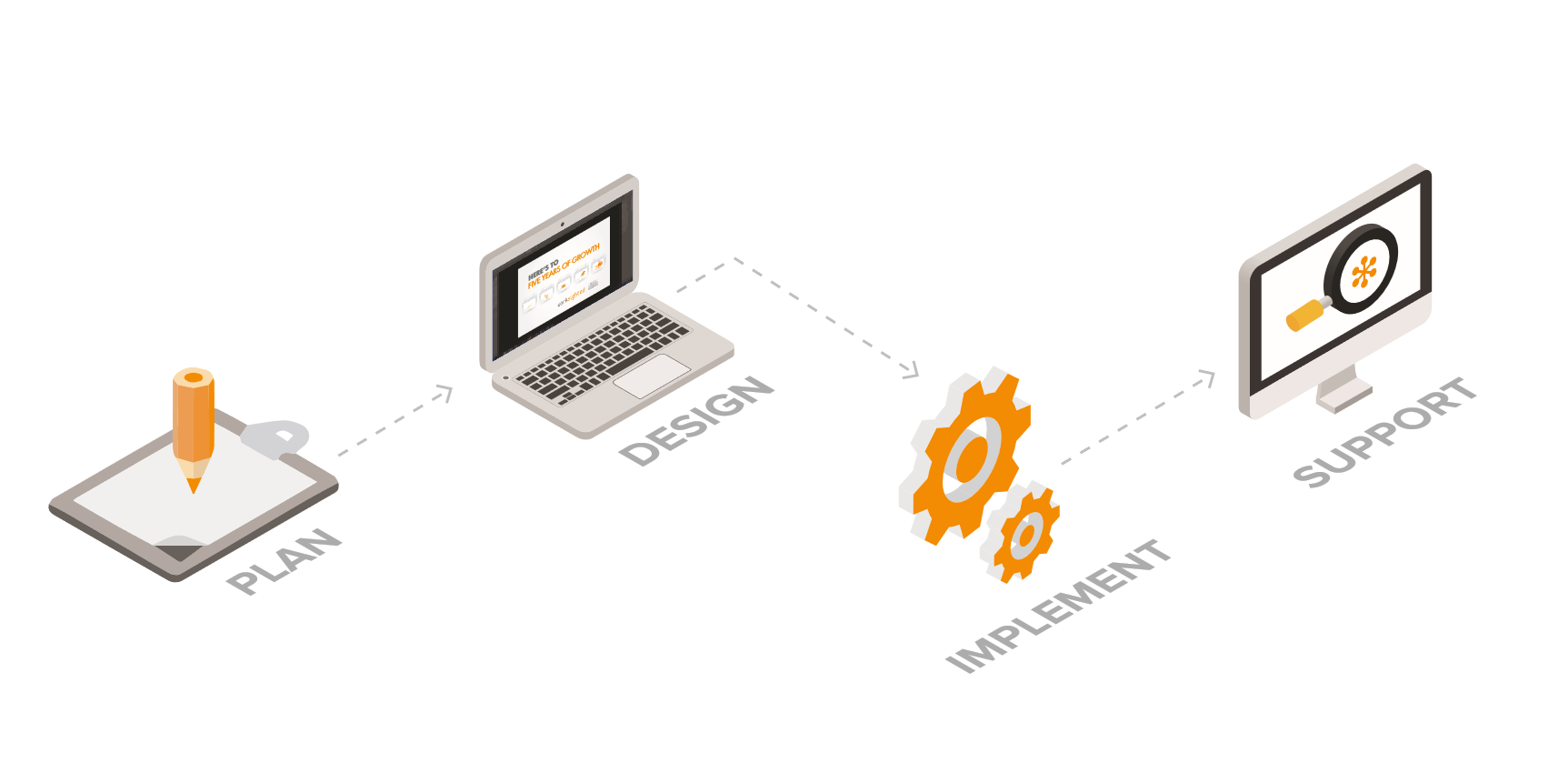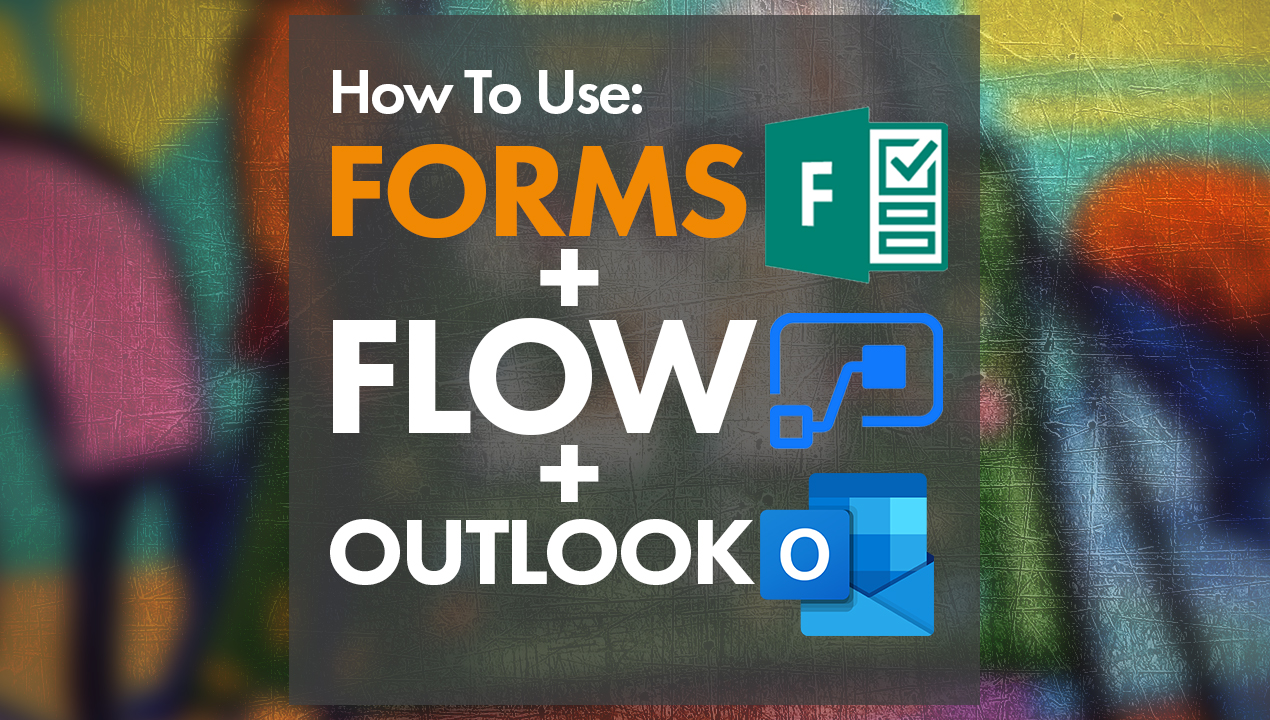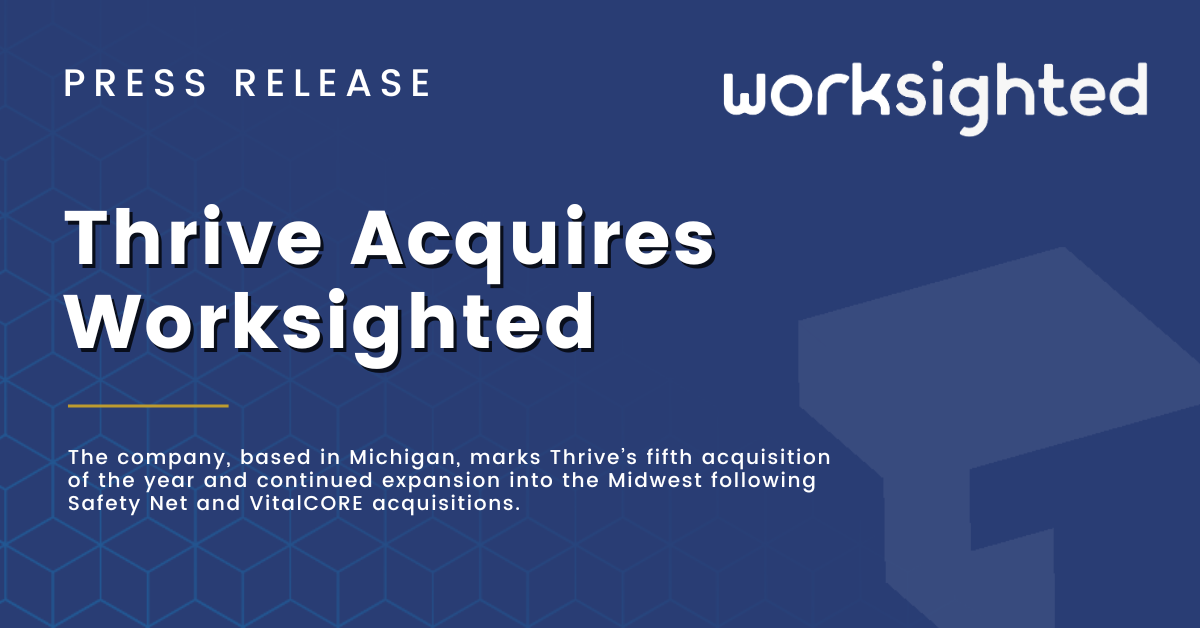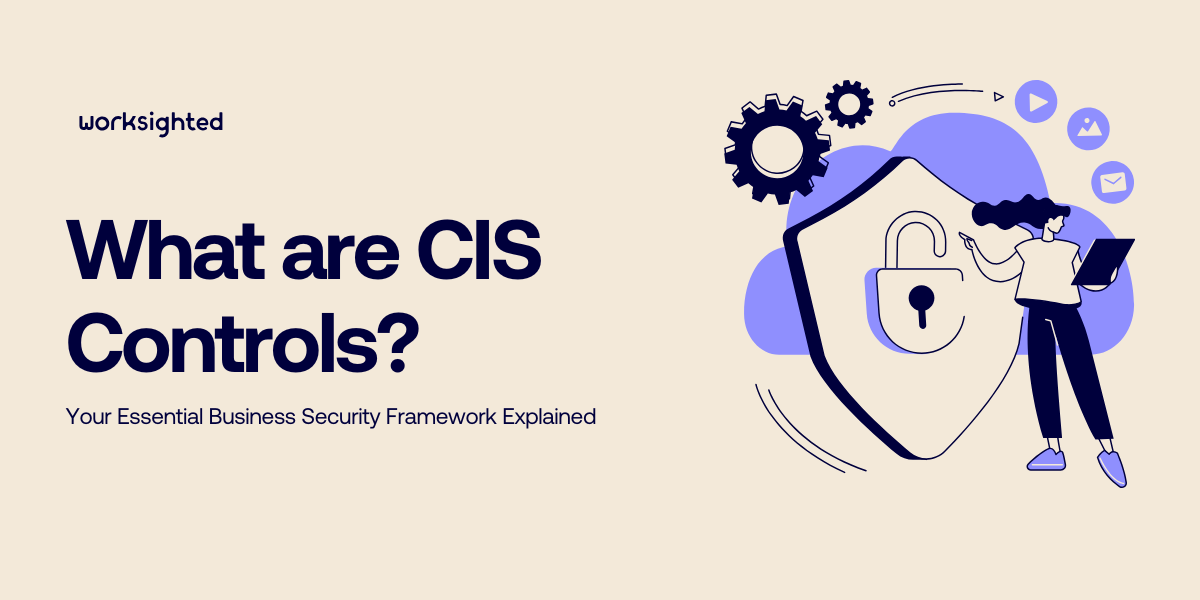What Big Data Means for Small Business
Big data is being used by big companies to make big decisions, but small and medium businesses are often sitting on more data than they realize. Is your data “big data”? Maybe not compared to what Facebook or Target are collecting, but it’s surely big enough to use for better decision-making.
Thanks to advances in areas like cloud computing and software as a service (SaaS), the playing field for pulling insights from business data is close to level. With a little planning and know-how, even the smallest company’s data can be turned into a competitive advantage.
1. What is business intelligence?
Business intelligence is taking the data in your business, analyzing it, and using the information to optimize decision-making and performance.
Usually, it involves transferring information into a database that you can query. If not a database, you might use some other piece of software to take information from various places to produce reports, graphics, and other collateral that can give you insights.
2. What are the benefits of crunching “big” data in an SMB?
- Better decision-making — how much of what you do is a shot in the dark when it could be based on reviewing information you already have?
- Growing revenue — a natural flow-on from making better decisions.
- Increased competitive advantage — are your customers telling you something, if only you were listening more carefully?
- Better customer service — better listening means better service and retention.
- Improved efficiency — what would you do if you could shave even 1 percent off your operating costs by looking at data on how you’re spending.
3. Where might you use business intelligence?
The trick is to target your greatest pain points and ask what data you have in that area. Want more sales from your online store, look at your web analytics. Want better cashflow? Look at your inventory data.
Then look for the right tool to gather the data. The right tool is the one you can use to ask the right questions.
4. What should I back up? Everything!
It won’t be big data for long if you don’t keep it. You should back up everything possible. It might not seem useful today, but tomorrow when you want to use it to make decisions, you’ll be sorry you didn’t keep it.
So when you’re reviewing your backup strategy, you should keep in mind that what doesn’t seem critical today might be invaluable tomorrow. For the price of storage or extra space in the cloud, you could be garnering business-changing insights.
Business intelligence isn’t a new thing, so a great place to start is by asking whoever is already helping you with your IT. Chances are they’re already helping someone else get the advantage that big data brings.
